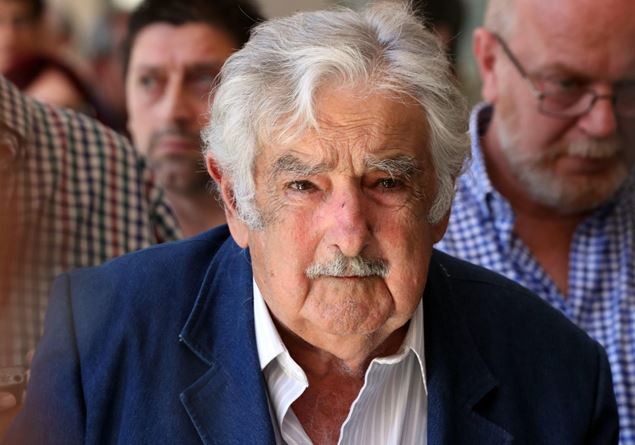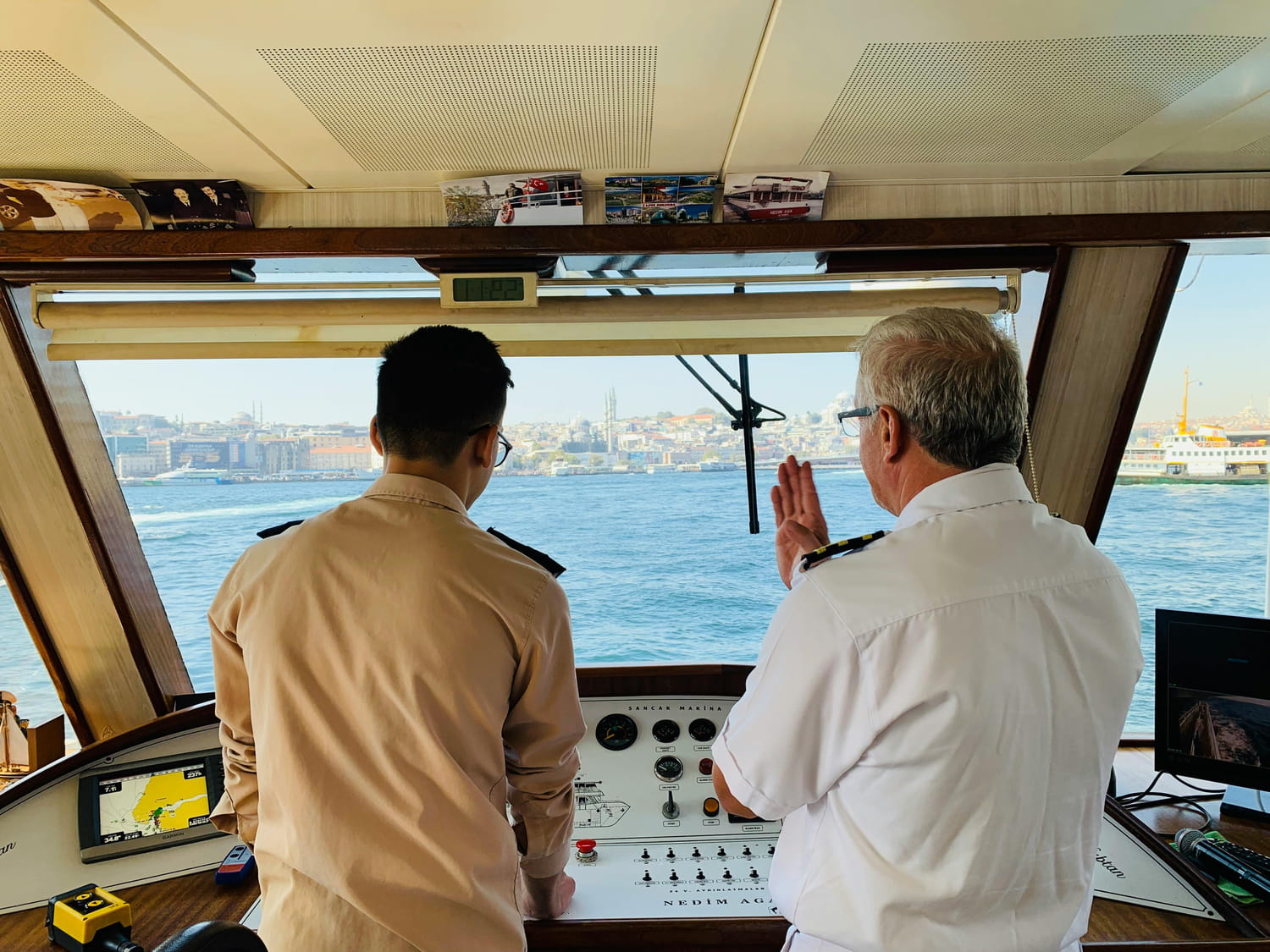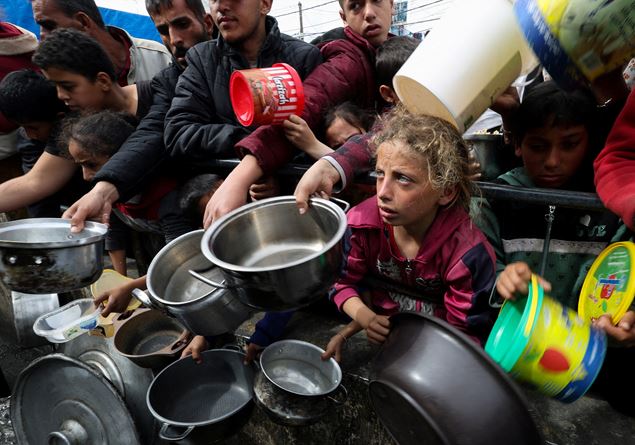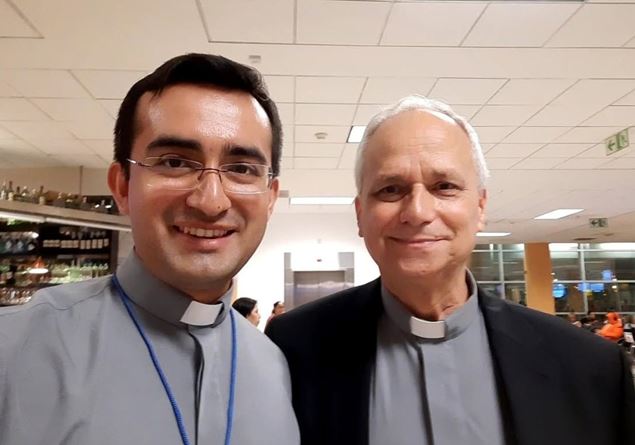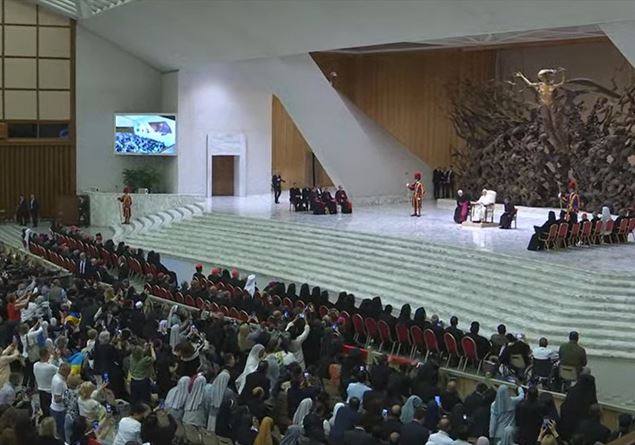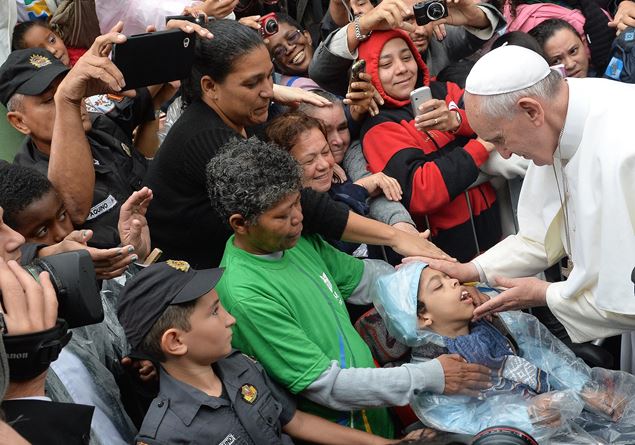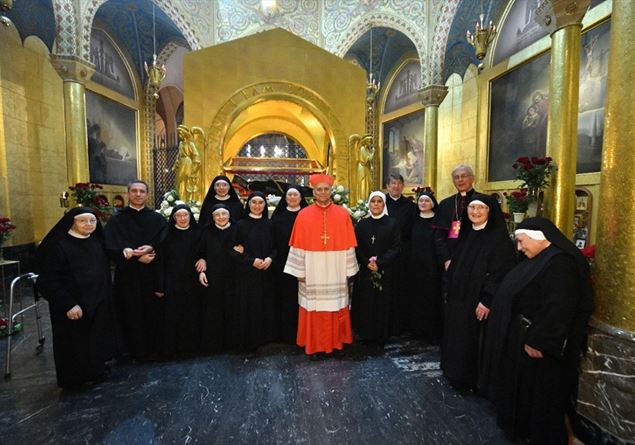by Lorenzo Rossi
The Gaza Strip, today, dies of hunger. For over two months – precisely from March 2nd – Israel blocked the entry of all humanitarian aid. The trucks are still, the reserves accumulated during the truce are finished. The 25 bakeries supported by the world food program closed on March 31st. The collective kitchens ceased on April 25th. About sixty resist, but not for a long time: «They only distribute rice and lentils – explains Amjad Shawa, of the Palestinian Network network – but they will end everything within a few days. There are no food, water, fuel, soap. You suffocate ».
Above all, they are mainly children. From 2 March, according to the World Health Organization, At least 57 little girls died from malnutrition. A 4 -month -old girl died on May 3. In refugee camps, prices are out of control: 10 euros for a kilo of vegetables or flour, 30 euros for sugar. Who can, survive with one meal a day: cucumber salad and tomatoes. Who cannot, dies. “Hunger consumes bodies and turns off the minds,” writes Dr. Ezzideen Shehab on X, in service in the north of Gaza. He himself manages to eat only once a day: rice, and little else. «I take prenatal vitamins not to collapse. But the mind falters. We are turning around in silence, without anyone seeing us ».
The risk of famine is concrete and imminent. The confirmed theIntegrated Food Security Phase Classification (IPC)the only entity authorized to officially declare the state of hunger: if the Israeli military escalation continues, the famine could hit one inhabitant out of five in the next four months. The picture worsens with contaminated water. Intestinal and respiratory infections multiply. There Palestinian Medical Relief Society has recorded 112,000 cases of infectious hepatitis. “We are in front of an almost biological war,” accuses Mustafa Barghouti, doctor and activist. «Israel vaccin his soldiers, but due to block our children will not receive any protection. How to call all this, if not genocide? ».
Also the United Nations They denounce a moral collapse. Tom Fletcher, head of the UN office for humanitarian coordination, has launched a clear appeal: «Humanitarian aid cannot be used as a political lever. Salva Vite assistance cannot be negotiated. Let humanitarian operators do their job ». Israel proposed a new plan: four “humanitarian bubbles” in the southern strip, with distribution entrusted to private companies and one Dark Switzerland Foundation created in February. But according to the UN, the project excludes too many people – women, children, disabled people – e does not respect the humanitarian principles of neutrality and independence. In the meantime, on the field, Children die. Hunger, thirst, abandonment. And the world looks, witnesses this immense tragedy, often in silence.


